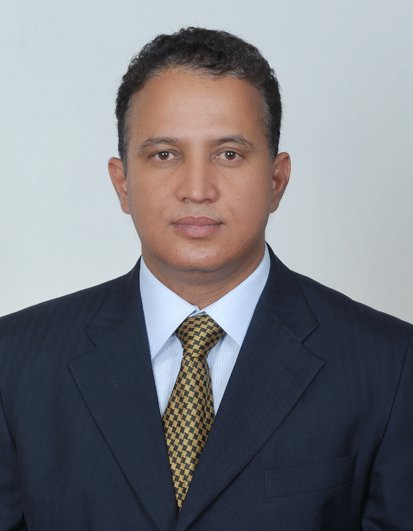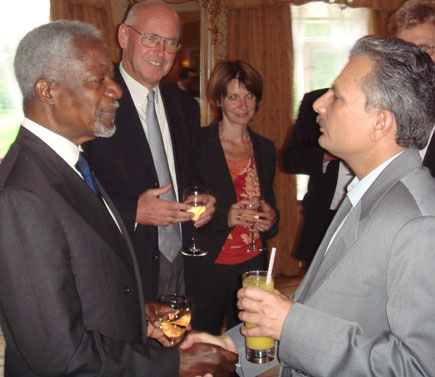He seems to be opposed to the idea of a directly elected president. I have supported the idea. And I don't think my support has been an attempt to copy the American way. In America they don't elect the president through direct vote. I think Nepalis should elect their president directly, one person one vote counted nationwide. If no one person gets at least 50% of the vote there should be a runoff election within a month among the top two candidates.
A directly elected president with a four year term and a two term limit might not be such a bad idea.
(1) It will force a bipolarization of parties, only an alliance of parties could put forth a winning candidate.
(2) After victory the president would become sort of detached from the party.
(3) There would be stability.
(4) A two term president would be out of party and politics for good.
(5) There is something to be said of direct democracy. Forget electoral college. Let people vote for the presidential candidate directly. The idea has to be to vote for the person, not party. This will bring down the parties in importance. The attempt would be to forge a direct relationship between the president and the people.
(6) Don't make it a five year term, and do have term limits.
I am not sure Pushpa Kamal Dahal is a shoo-in for the job. Democracy has a way of surprising you. The Maoists would have to forge an alliance with either the Madhesi Morcha or one of the other two big parties - the Congress, or the UML - to ensure a victory for their candidate. But that coalition building is what happens in the parliament that elects a Prime Minister, does it not? Why not let that coalition building happen out in the open? For all to see?
I am for a directly elected president with a four year term and a two term limit. That president of course would be Commander In Chief of the Nepal Army.


